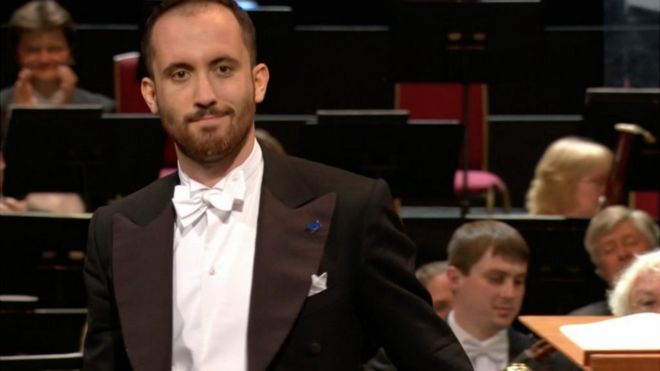Igor Levit: Beethoven was a ‘no bullshit’ composer. Is that it?
mainThe German pianist, aspiring to the mantle of piano-philosopher, has written a long piece for the Guardian newspaper on what it takes to learn and play the 32 Beethoven sonatas.
Sadly, many of his pronouncement achieve an uncomfortable degree of cerebral superficiality. Example:
Which takes us straight to the ethical dimension of Beethoven’s music: if ever there was a “no bullshit” composer, it was Beethoven. His pronouncements are forceful, boiled down to their essence. As terse as his language sometimes sounds, there’s never any doubt as to the relevance of those pronouncements. Beethoven is uncomplicated in the most complex way. What he says, he means. The rigour and openness of his statements connect him in my mind with Thelonious Monk, who has this same existential urgency, this same utter avoidance of artificiality.
Read on here.







Comments